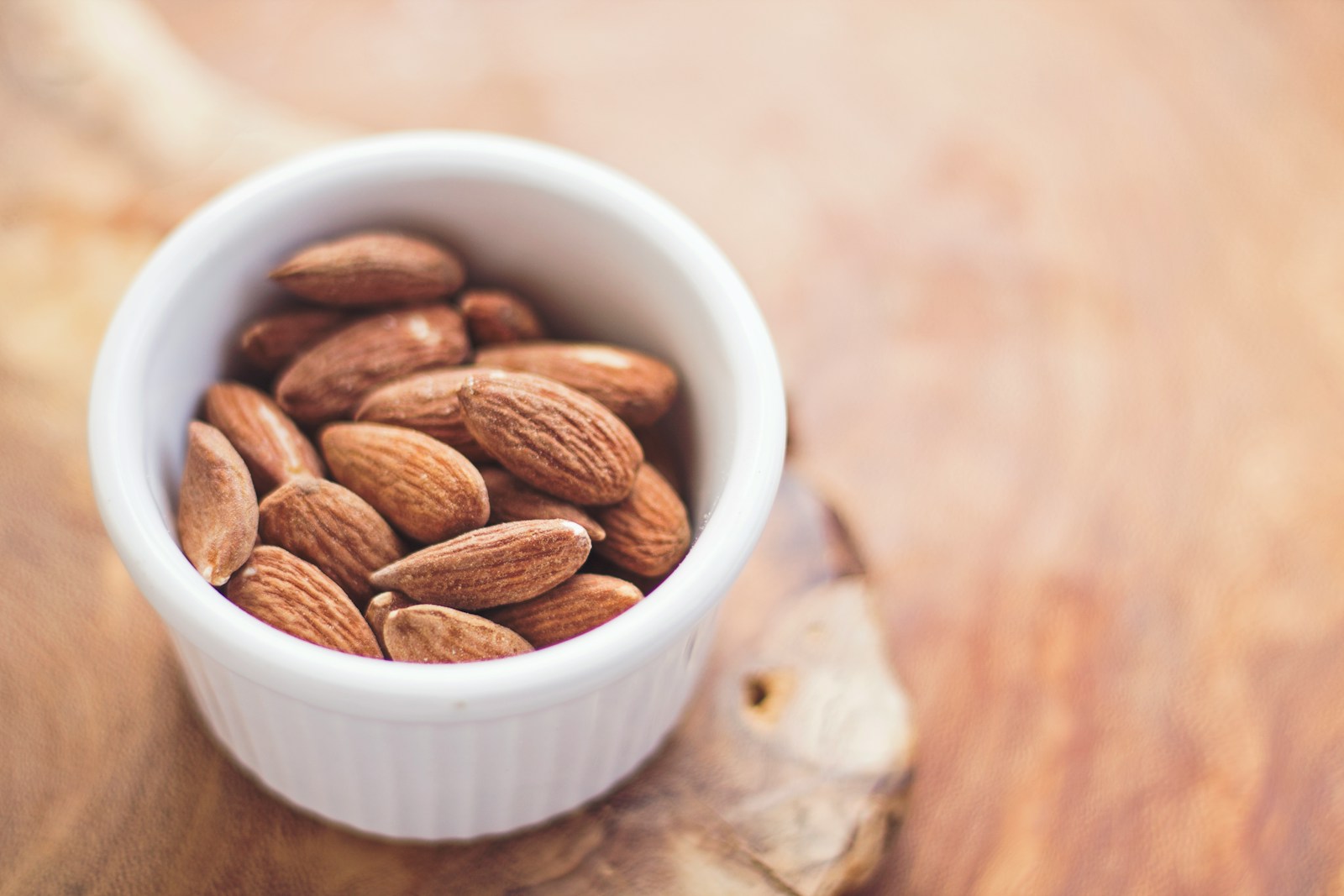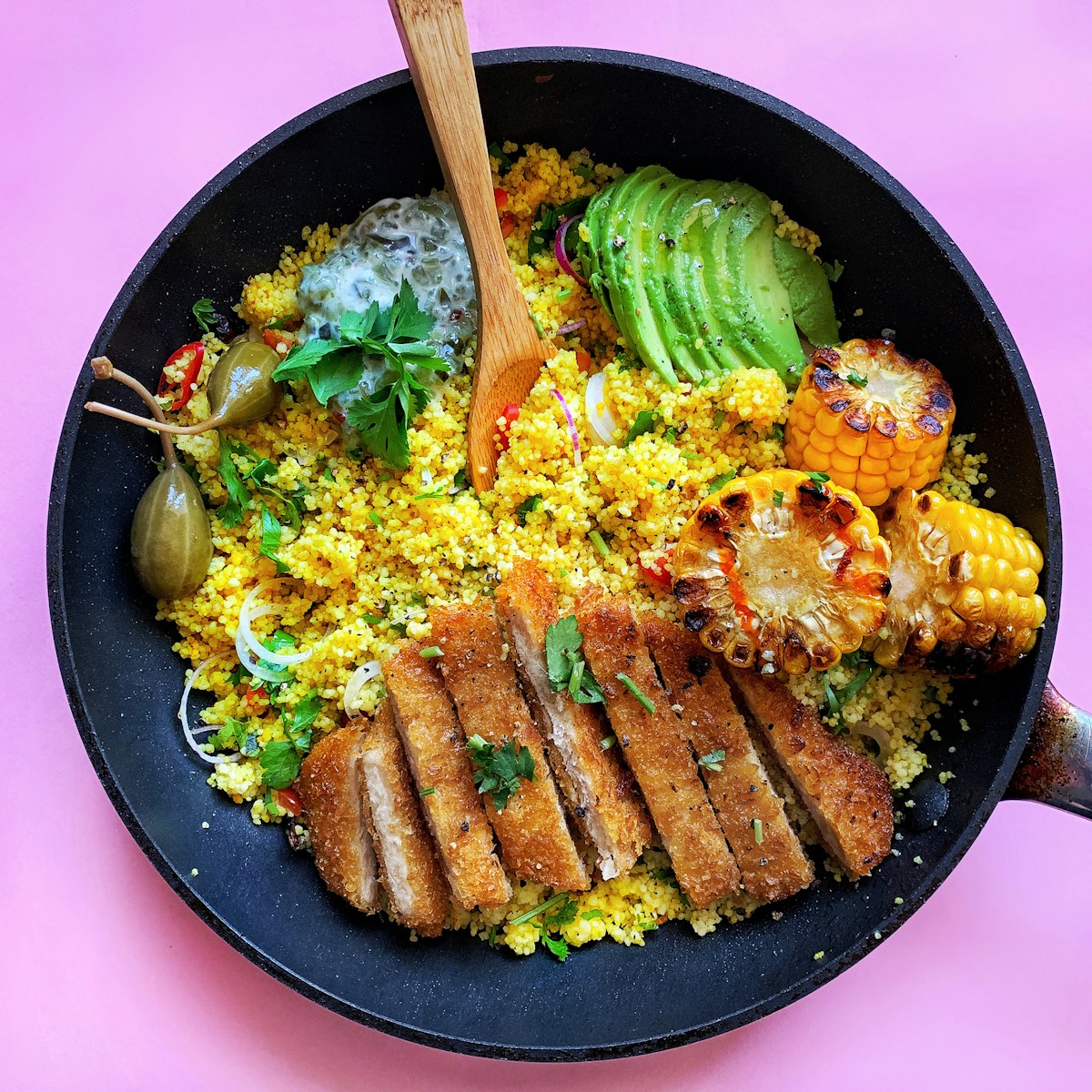In a world where low-carb diets dominate the headlines, it’s easy to forget that not all carbohydrates are created equal. While it’s true that processed foods high in sugar and refined grains can have negative health effects, there are many high carb foods that are incredibly healthy. These foods are rich in essential nutrients, fiber, and beneficial plant compounds that can support overall health and well-being.
In this article, we’ll explore 12 high carb foods that you can feel good about incorporating into your diet. From ancient grains to vibrant fruits and vegetables, these foods are not only delicious but also offer a wide range of health benefits. So let’s dive in and discover the nutritious world of high carb foods!
1. Quinoa
Quinoa has gained popularity among health-conscious consumers for good reason. This pseudocereal is not only high in carbohydrates but also a good source of protein and fiber. Cooked quinoa contains approximately 70% carbs, making it a satisfying and nutritious choice.
Quinoa is packed with essential minerals and plant compounds that have been linked to various health benefits. Studies suggest that quinoa may help improve blood sugar management and support heart health. Additionally, it is gluten-free, making it an excellent alternative for those following a gluten-free diet. The high protein and fiber content of quinoa can also aid in weight loss, as these nutrients promote satiety.
2. Oats
Oats are a versatile and nutritious whole grain that deserves a place in your pantry. They are not only rich in carbohydrates but also contain a significant amount of fiber and protein. A 1-cup serving of raw oats contains approximately 70% carbs and 8 grams of fiber.
The high fiber content of oats is primarily due to a specific type of fiber called oat beta glucan. Multiple studies have shown that consuming oats can lower cholesterol levels and reduce the risk of heart disease. Oats also have a low glycemic index, meaning they have a minimal impact on blood sugar levels. This makes them a suitable choice for individuals with type 2 diabetes.
3. Buckwheat
Despite its name, buckwheat is not related to wheat and is gluten-free. This pseudocereal is highly nutritious, containing a good amount of protein, fiber, minerals, and antioxidants. Raw buckwheat has a high carb content of 75 grams, while cooked buckwheat groats contain about 19.9 grams of carbs per 100-gram serving.
Research suggests that buckwheat may have numerous health benefits, including improved heart health and blood sugar regulation. Its antioxidant properties and mineral content make it a valuable addition to a healthy diet. Buckwheat can be used in a variety of dishes, from porridge to salads, and even gluten-free baking.
4. Bananas
Bananas are a beloved fruit that provides a good dose of healthy carbohydrates. One large banana contains around 31 grams of carbs, mainly in the form of starches and sugars. In addition to their carb content, bananas are high in potassium, vitamin B6, and vitamin C.
The potassium content of bananas makes them particularly beneficial for heart health and blood pressure regulation. These fruits also contain resistant starch and pectin, which can improve digestive health and support the growth of beneficial gut bacteria. It’s worth noting that the starch content of bananas decreases as they ripen, so less ripe bananas are higher in resistant starch.
5. Sweet Potatoes
Sweet potatoes are a delicious and nutritious root vegetable that is packed with carbohydrates. A half-cup serving of mashed, cooked sweet potatoes contains approximately 20.7 grams of carbs, including starch, sugar, and fiber. They are also a rich source of vitamin A, vitamin C, and potassium.
What sets sweet potatoes apart is their high antioxidant content. These compounds help neutralize harmful free radicals in the body, protecting against chronic diseases. The fiber in sweet potatoes also supports digestive health and promotes feelings of fullness. Whether baked, roasted, or mashed, sweet potatoes are a versatile and nutritious addition to any meal.
6. Beets
Beets are a vibrant purple root vegetable that deserves more attention for their nutritional value. While they may not be high in carbs compared to other foods, beets are a good source of carbohydrates for a non-starchy vegetable. Both raw and cooked beets contain about 10 grams of carbs per 100 grams, primarily from sugar and fiber.
Aside from their vibrant color, beets boast an impressive array of vitamins, minerals, and antioxidants. They are particularly high in inorganic nitrates, which have been shown to lower blood pressure and improve exercise performance. Beets can be enjoyed roasted, steamed, or even raw in salads for a burst of color and flavor.
7. Oranges
Oranges are a popular citrus fruit that provides a good amount of carbohydrates. They consist mostly of water and contain about 15.5 grams of carbs per 100-gram serving. Oranges are also an excellent source of fiber and are rich in vitamin C, potassium, and various B vitamins.
The fiber content of oranges helps support digestive health, while the high vitamin C content strengthens the immune system. Oranges are also packed with beneficial plant compounds and antioxidants that contribute to overall health. Additionally, the citric acid in oranges can increase the absorption of iron from other foods, helping prevent iron deficiency anemia.
8. Blueberries
Blueberries have earned a reputation as a superfood due to their antioxidant content. These small berries are approximately 14.5 grams of carbs per 100 grams, making them a relatively high carb fruit. Blueberries are also a rich source of vitamins, minerals, and antioxidants, including vitamin C, vitamin K, and manganese.
The antioxidants found in blueberries are particularly beneficial for protecting the body against oxidative damage caused by free radicals. Some studies have even suggested that blueberries may improve memory in older adults. Whether enjoyed fresh, frozen, or blended into smoothies, blueberries make a delicious and nutritious addition to any diet.
9. Grapefruit
Grapefruit is a citrus fruit known for its sweet, sour, and bitter flavor. It contains approximately 8% carbs and is rich in various vitamins, minerals, and antioxidants. Research suggests that grapefruit may enhance heart health, improve blood sugar management, and potentially have anticancer properties.
Grapefruit contains compounds that can help prevent kidney stones, lower cholesterol levels, and even inhibit the growth of cancer cells. However, more research is needed to confirm these effects in humans. Incorporating grapefruit into your diet can provide a refreshing and nutritious addition to your meals.
10. Apples
Apples are a classic fruit that is not only delicious but also provides a healthy dose of carbohydrates. They contain about 14-16 grams of carbs per 100 grams, along with fiber, vitamins, and minerals. Apples are particularly rich in vitamin C, antioxidants, and plant compounds.
Adding apples to your diet may improve blood sugar management, support heart health, and potentially reduce the risk of certain types of cancer. These fruits make a convenient and portable snack, and they can be used in various recipes, from salads to desserts.
11. Kidney Beans
Kidney beans are part of the legume family and are packed with carbohydrates, fiber, and protein. Cooked kidney beans contain about 21.5 grams of carbs per 100 grams, making them a nutritious choice. They are also a good source of vitamins, minerals, and plant compounds like anthocyanins and isoflavones.
The health benefits of kidney beans include improved blood sugar regulation and a reduced risk of colon cancer. These legumes can be incorporated into a range of dishes, from chili to soups and salads. Including kidney beans in your diet is an excellent way to boost your intake of plant-based protein and essential nutrients.
12. Chickpeas
Chickpeas, also known as garbanzo beans, are another member of the legume family that is high in carbohydrates. Cooked chickpeas contain about 27.4 grams of carbs per 100-gram serving and are an excellent source of fiber and plant-based protein. They are also rich in vitamins, minerals, and antioxidants.
Incorporating chickpeas into your diet can support heart health, aid in digestion, and potentially even help prevent certain types of cancer. Whether used in hummus, salads, or stews, chickpeas are a versatile and nutritious addition to any meal.






